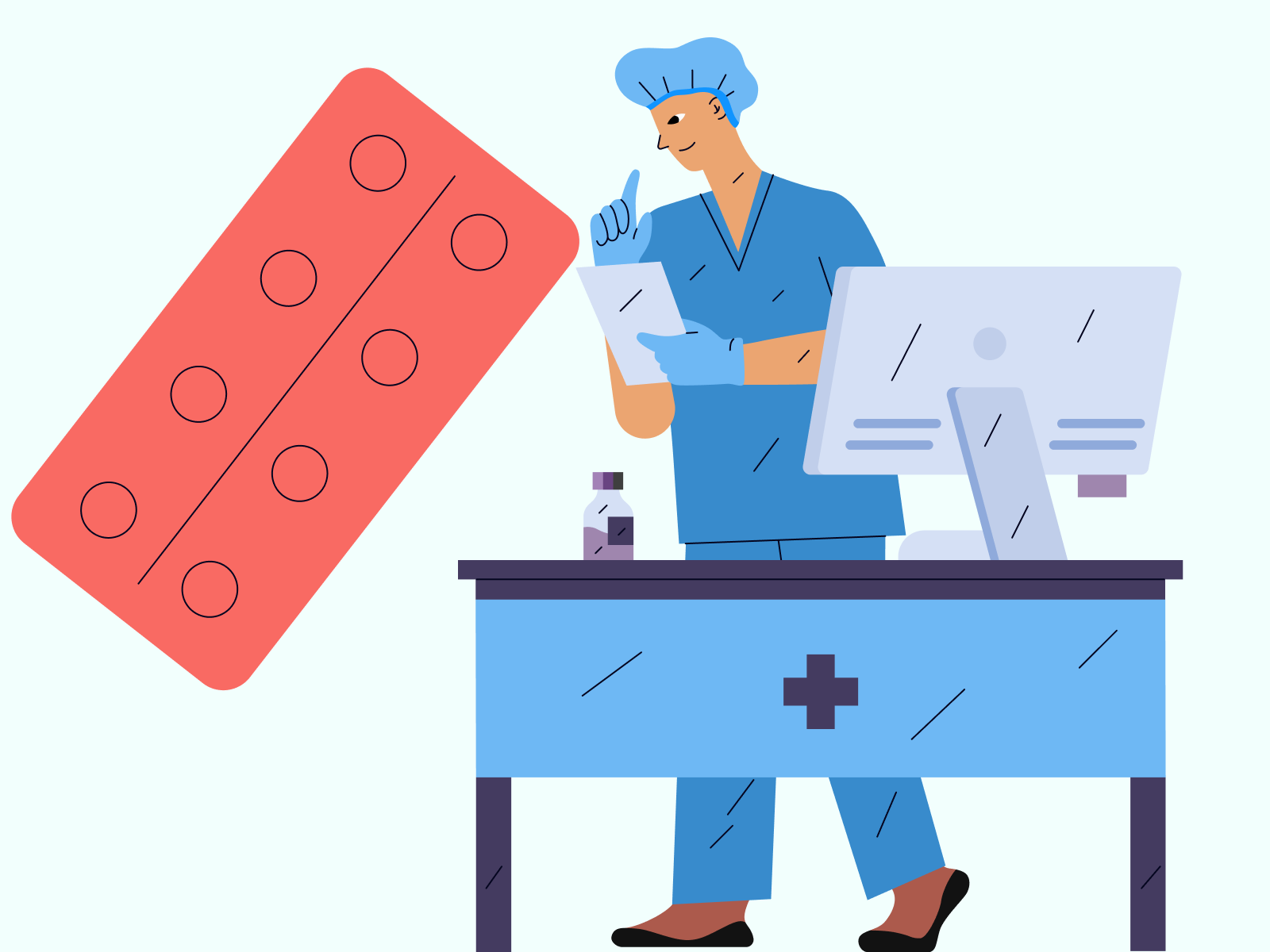Category: Treatment
Exposure & Response Prevention Therapy for Bulimia
Exposure and response prevention therapy (ERP) can be a challenging but effective way to confront situations that may trigger eating disorder symptoms.
Bulimia Online Support and Virtual Treatment
The COVID-19 crisis spurred a dramatic rise in online therapy, but even before the pandemic took hold, virtual mental health treatment was becoming increasingly popular.
Bulimia Recovery Stages
If you or a loved one are struggling with bulimia nervosa (BN), it may seem like recovery is out of reach. But it is entirely possible to overcome the unhelpful thoughts and behaviors that drive this condition.
Aetna Eating Disorder Treatment Coverage
If you specifically have a health insurance policy through Aetna health insurance, you may be curious about what the company can offer you or have additional questions about Aetna eating disorder coverage.
Insurance Coverage for Bulimia Nervosa
Eating disorders like bulimia nervosa (BN), anorexia nervosa (AN), and binge eating disorder (BED), among others, are complex mental health conditions that can have serious consequences if left untreated.
How to Stop Binge Eating
Everyone overindulges every once in a while, but binge eating is different. These episodes are an extreme form of overeating, involving large amounts of food consumed in relatively short periods of time.
A binge eating episode can leave you feeling uncomfortable, but if this behavior starts recurring, it can lead to more concerning issues.
Trauma-Informed Care for Bulimia Nervosa
It’s an unfortunate reality that bulimia nervosa (BN), anorexia nervosa (AN), and many other eating disorders are often connected to a history of trauma, with post-traumatic stress disorder (PTSD) being a common co-occurring condition with these illnesses.
Eating Disorder Therapist Near Me & Remote Options
Psychotherapy is a cornerstone of nearly all treatment plans for eating disorders. Through a series of sessions, trained mental health professionals can help you shed light on some of the factors behind your behaviors and teach you new, healthy coping strategies for moving forward.
Cognitive Behavioral Therapy for Bulimia
Cognitive behavioral therapy (CBT) is a common type of therapy used for treating mental disorders of all types, including bulimia nervosa (BN). It has a heavy focus on restructuring how a person thinks, teaching them to redirect, and, eventually, eliminate negative thought patterns in order to engage in healthier behavior.
Online vs. In-Person Treatment for Bulimia
Virtual treatment for bulimia nervosa (BN), or virtual treatment for any mental health disorder, can offer high-quality care. For many people, there isn’t a tangible difference in virtual therapy sessions versus traditional in-person treatment.
Food Addiction Treatment Hotline
Food addiction is an issue we’re only beginning to understand and thoroughly research, but there are a number of resources that can help with this condition and other associated disorders.
Anorexia and Bulimia Support Groups
If you’re struggling with an eating disorder or in recovery, you may benefit from an eating disorder support group. There’s a variety of this type of help available, including online support groups and many free options.

Dangers of Medications When Treating Bulimia
Bulimia nervosa (BN) is a serious mental health condition, marked by periods of binge eating and compensatory purging behaviors, such as self-induced vomiting or excessive exercise.
Choosing the Best Eating Disorder Treatment Centers
If you or a loved one are struggling with an eating disorder, you’ll likely want to enroll in a treatment program as quickly as possible. And while it’s important to get help in a timely manner, some time should be taken to consider the type of treatment facility you choose.
Sample Letters to Insurance Companies for Eating Disorder Treatment
Eating disorder treatment is covered by a large number of insurance policies. But most require families and their doctors to prove that care is needed; sometimes, care teams and insurance administrators disagree about how treatment should work.
Commonly Prescribed Medications for Anorexia
At present, there is no single medication for anorexia that can replace the benefits therapies can provide. However, some medications can address a few of the mental health symptoms many people with anorexia develop.
Bulimia Treatment Centers: Costs & Insurance Coverage
All across the United States, bulimia treatment centers help people overcome damaging impulses, habits, and behaviors. Each one is slightly different, but all share some core attributes.
How to Treat Bulimia: A Guide for Mental Health Professionals
Bulimia is a severe mental health disorder, but it responds to treatment. The sooner you spot the signs and enroll a patient in care, the more likely it is that the person will make a full recovery.
Medication for Bulimia: Commonly Prescribed Medicines
Bulimia medication could be part of your recovery plan. Prescription and over-the-counter drugs can ease physical symptoms, reduce urges, and help you feel better.
Researchers say bulimia medications are generally helpful. [1] One medication, fluoxetine, is FDA-approved for bulimia treatment. Your doctor can dip into other options if you don’t respond to this treatment.
What Happens to the Body After Recovering From Bulimia?
Before bulimia and after—you can probably split your life into these two parts, and chances are, you’d like the “after” part to begin as quickly as possible. Recovery from bulimia isn’t quick, and most people need months (or years) to complete the process. [1] But your hard work is worthwhile.
Treating Bulimia and Co-Occurring Mental Illness
It’s not uncommon for someone with bulimia to suffer from a co-occurring mental health disorder. Sometimes an eating disorder will develop after a different mental health condition, or the conditions may start simultaneously. In either instance, treatments are available to help individuals with bulimia and a co-occurring mental illness.
Helping Someone That Has an Eating Disorder
Family members are sometimes among the last people to know when a loved one suffers from an eating disorder. Often, eating disorders develop gradually and the changes in a person’s body are either not obvious or happen so slowly that parents and siblings do not notice the difference.

